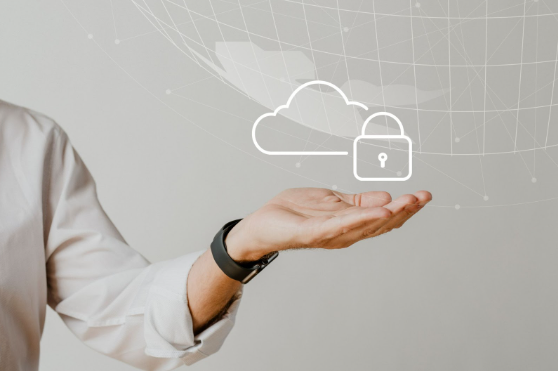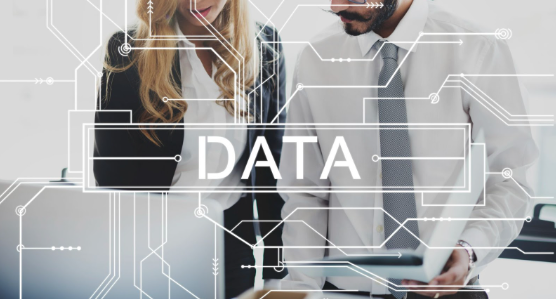Both CRM and CDP technologies are valuable tools but serve different purposes. While CRMs focus on managing customer interactions, CDPs concentrate on collecting and understanding customer behavior data. The choice depends on the specific needs of each business: sales and service roles may benefit more from a CRM, while customer management strategy roles might leverage a CDP more effectively. Ultimately, it’s important to assess what kind of information is needed and how it will be used to make more informed business decisions and provide personalized customer experiences.
Are There Differences Between a CRM and a CDP?











